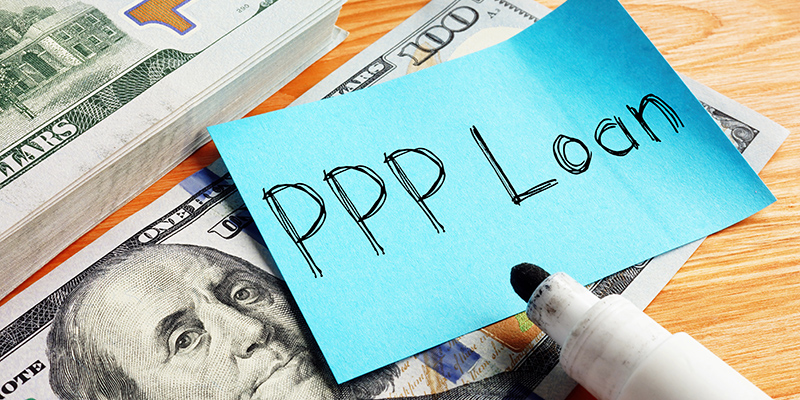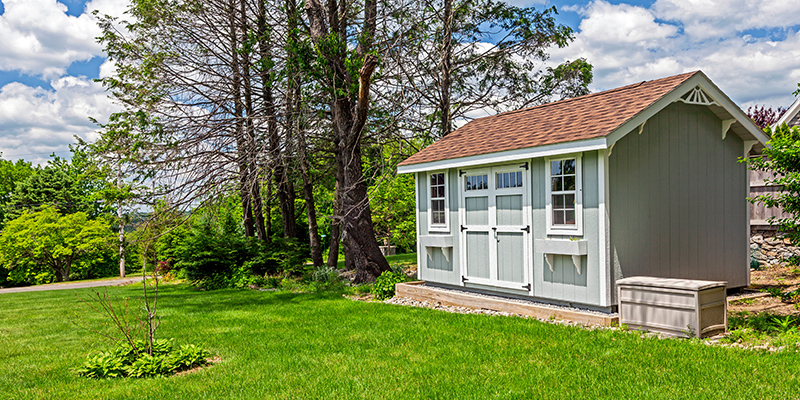COVID-19 Relief Of $1.5M Illegally Collected By Rancho Santa Fe Homeowners Association

The Rancho Santa Fe Homeowners Association applied for and collected $1.5M in COVID-19 relief funds. It was collected illegally as the association was not eligible to receive the money. Now, the association's officials have settled with federal prosecutors and have agreed to repay the loan plus $500,000 in penalties.
Browse By Category
Sign up for Our Newsletter
The Rancho Santa Fe Homeowners Association applied for and collected $1.5M in COVID-19 relief funds. It was collected illegally as the association was not eligible to receive the money. Now, the association’s officials have settled with federal prosecutors and have agreed to repay the loan plus $500,000 in penalties.
Misrepresentation in the COVID-19 Relief Loan Application
Rancho Santa Fe Homeowners Association is a non-profit homeowners group that oversees several amenities and a historic golf course near Del Mar. It applied for federal COVID-19 relief funds from the Paycheck Protection Program worth $1.5 million on April 7, 2020, in the early days of the pandemic. According to officials, the loan application was approved a week after the application. Moreover, the loan was pardoned in late 2020.
According to the HOA board president Courtney LeBeau, the association applied for the COVID-19 relief PPP loan in good faith. She said it was based on federal guidance and professional advice that was available at the time. According to a letter to the HOA’s 1,800 members, the HOA relied on advice from a banker and multiple lawyers.
The homeowners association used the funds to pay salaries and other various expenses. However, the problem is that the Rancho Santa Fe Association is a 501(c)(4) organization. Hence, it is a kind of tax-exempt entity that was ineligible for the COVID-19 relief loan program. The HOA acknowledged that they misrepresented the association’s status to qualify for the loan.
According to the notice, the HOA consulted a commercial banker and received verbal advice to choose “C-Corp” on the form. They sought to follow the guidance, but they admit this mistake was what contributed to the penalties.
Settling With the Federal Prosecutors
The U.S. Department of Justice subsequently opened a civil investigation. However, the association and federal prosecutors came to an agreement that called for the HOA to repay the loan. Moreover, the HOA must pay nearly $500,000 in penalties and fees. The silver lining is that no criminal violations were alleged. Nonetheless, they could still be filed.
Initially, LeBeau opposed the government’s findings that the association was ineligible. But, after talking to lawyers and computing the cost of litigation, the HOA board agreed to the settlement. In the HOA’s letter sent to residents, the association stated that the fines could have been much steeper. Nonetheless, the government agreed to a smaller penalty because the HOA cooperated with the investigators.
As a result, the government reduced the multiplier and agreed to forego the 3x penalty. The letter states that this reflects the HOA’s good-faith efforts to verify their loan eligibility. Furthermore, LeBeau states that every dollar of the funds can be accounted for.
According to LeBeau, the association will be able to repay the loan and penalties without significant disturbance to the HOA’s services. It will have financial implications and the HOA will manage its resources and prioritize necessary services. The board also has plans to meet on December 7, Thursday, to discuss the settlement with interested residents.
Trending Now
Related Article
Sign up for Our Monthly Newsletter
Sign up below for monthly updates on all HOA Resource
















